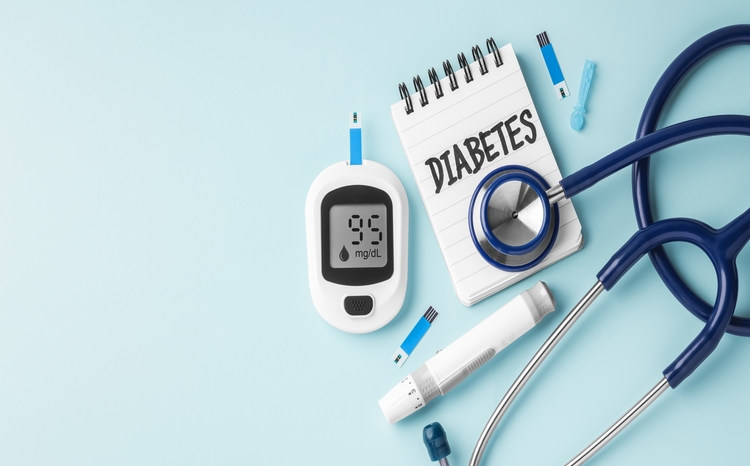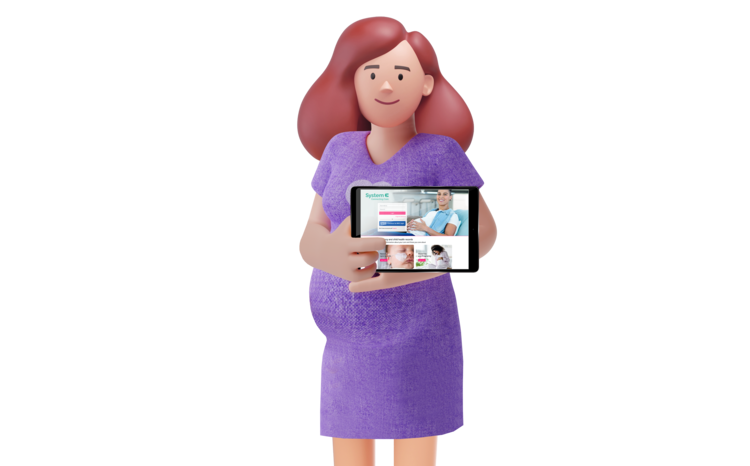Cardiff works on Wales maternity EPR
- 10 July 2014

Cardiff and Vale University Health Board is developing a Welsh-specific maternity electronic patient record that could be rolled out across Wales.
The health board went live with EuroKing’s E3.net maternity information system in July 2013, and is now expanding its focus to increasing the level of customisation.
John Meredith, Cardiff and Vale’s IT services manager said the system has reduced duplication of information, with some data for demographics and due dates replicated up to seven times using the old paper-based records.
It is also directly interfacing with a range of other systems, including its social care system, to ensure data is entered into the system promptly and can be accessed by relevant departments.
“With this, we get the data we need into the system to be used within a few days – we’re not relying on going out and collecting lots of information.”
Meredith said the health board is now focussing on how it can develop the system into a “fully fledged EPR for maternity” in Wales.
He said the system will work alongside the paper-based ‘All Wales Handheld Maternity Record’ given to all pregnant women, to provide an electronic solution for the aspects of maternity care it does not cover.
“We had a few conversations to decide whether to try and go for an electronic version [of the maternity record], but it’s used right across Wales so we’re not in a position to force that to change. To some degree, this is the path of least resistance.”
Meredith said that while the health board does not have a mandate from the NHS Wales Informatics Service to implement a national system, NWIS representatives and other health boards attended a demonstration of the system to see its potential.
“If we can get it right and we can replicate the current paper-based process, we could potentially deviate away from handheld notes in future. Managing this transition is the immediate problem to overcome."
While there have previously been issues with “disjointed” use of data to deliver on maternity indicators, he said the new system allows the board to move its focus to more complex issues.
“We’ve gone from having some very patchy data and questionable data quality in some areas, to having good quality data which means we can start to assess the fine details.”
Meredith said the board is also developing a mobile working solution for community midwives, and is considering how it can use digital pens and tablets to support its informatics strategy.




